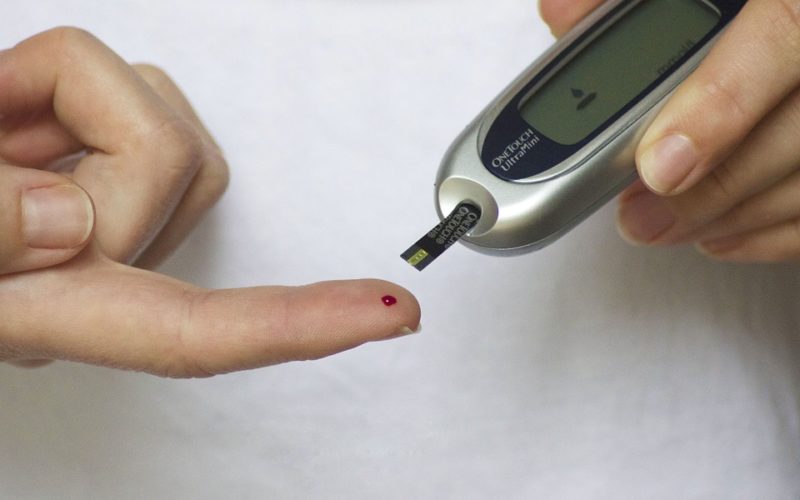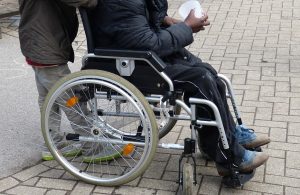Diabetes is a chronic condition that affects how the body processes blood sugar, or glucose. Glucose is crucial for energy, and its management is primarily handled by insulin, a hormone produced by the pancreas. There are two main types of diabetes: Type 1 and Type 2.
Type 1 diabetes usually occurs when the body's immune system attacks and destroys the insulin-producing cells in the pancreas, leading to little or no insulin production. It is believed to be caused by a combination of genetic factors and environmental triggers, although the exact cause is still unknown.
Family history of diabetes
Type 2 diabetes, on the other hand, develops when the body becomes resistant to insulin or when the pancreas fails to produce enough insulin. This form of diabetes is more common and is often associated with older age, obesity, family history of diabetes, physical inactivity, and certain ethnicities. Lifestyle factors play a significant role in the onset of Type 2 diabetes. Consuming a diet high in sugars and fats, along with a lack of regular physical activity, can contribute to weight gain and an increased risk of developing Type 2 diabetes.
Regular physical activity
To avoid developing diabetes, it is vital to adopt a healthy lifestyle that includes a balanced diet and regular exercise. A diet rich in fruits, vegetables, whole grains, and lean proteins can help maintain a healthy weight and regulate blood sugar levels.
Regular physical activity, such as brisk walking, cycling, or swimming, helps improve insulin sensitivity, which is critical in preventing or delaying the onset of Type 2 diabetes.
Prompt intervention
Additionally, it's essential to monitor blood sugar levels regularly, especially for individuals with a higher risk of developing diabetes. Early detection through regular check-ups can help with prompt intervention, potentially preventing the progression of prediabetes to full-blown diabetes.
It's also important for people at risk to avoid smoking and limit alcohol consumption, as these habits can exacerbate diabetes-related complications.
Practicing relaxation techniques
Managing stress and getting adequate sleep are powerful allies in the fight against diabetes. Chronic stress can affect blood sugar levels and lead to poor lifestyle choices, which contribute to diabetes.
Similarly, lack of sleep can impact hormone levels that regulate hunger, thereby increasing the risk of weight gain and Type 2 diabetes. Practicing relaxation techniques, such as yoga or meditation, and ensuring sufficient restful sleep can enhance overall well-being and support diabetes prevention efforts.
Tailored advice and strategies
In addition to lifestyle interventions, understanding personal and family medical history is crucial in avoiding diabetes. Those with a family history of diabetes have an increased risk, and discussing these risks with healthcare professionals can guide preventive measures.
Regular monitoring for those with a predisposed genetic risk can lead to more tailored advice and strategies to stall or prevent diabetes onset.
Public health campaigns
Educating communities about the risk factors and prevention strategies for diabetes is another critical element in addressing this growing health issue.
Public health campaigns and community programs focused on promoting healthy eating, active living, and regular health screenings can empower individuals to make informed choices and prioritise their health, reducing the prevalence of diabetes on a larger scale.


















